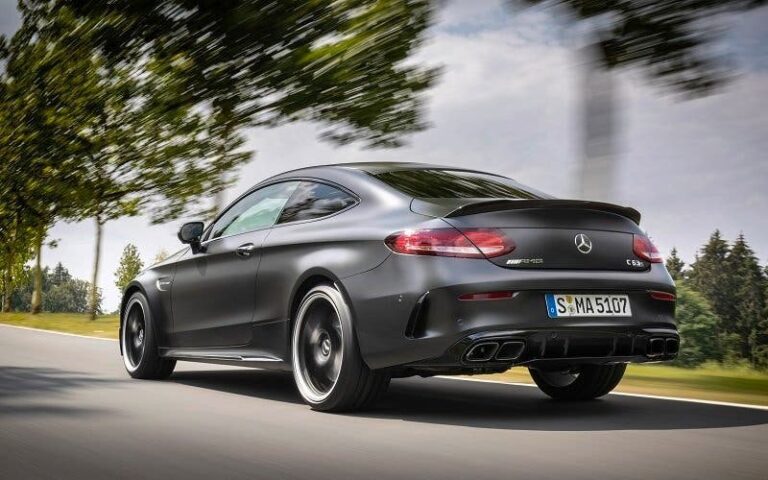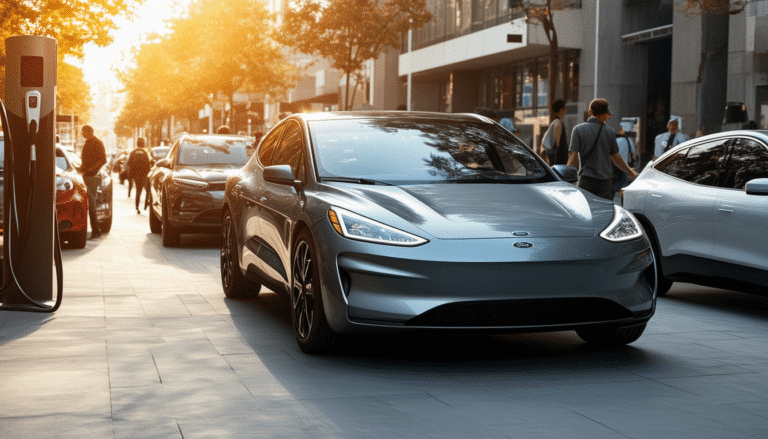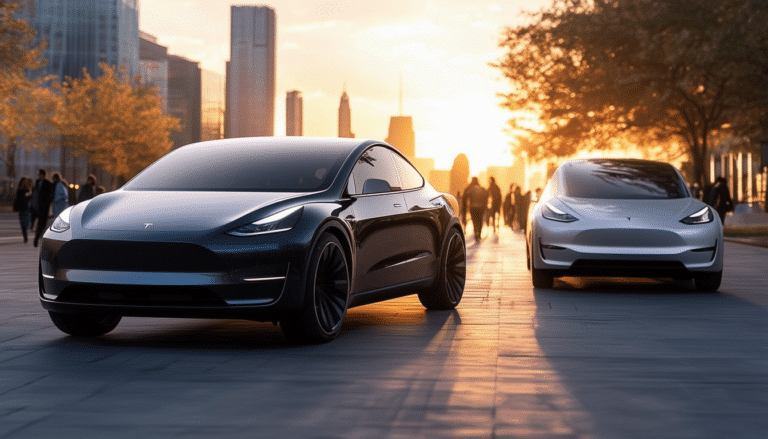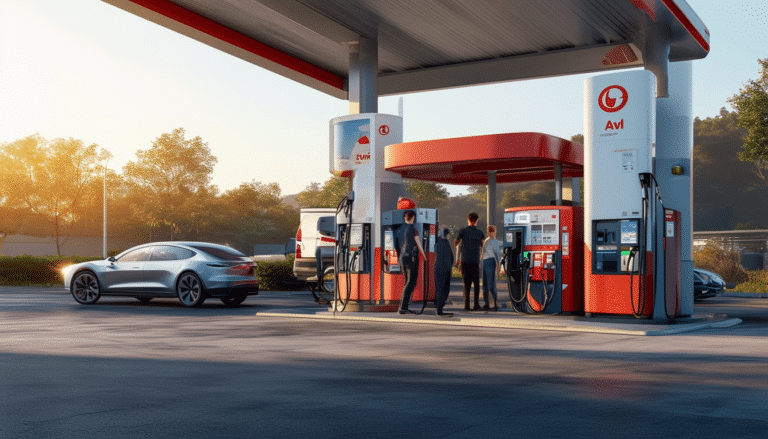Italia is taking a stand in Brussels to defend the combustion engine

Italy intensifies its fight in Brussels for the defense of the internal combustion engine. In response to the European Union’s decision to ban the sale of new cars with internal combustion engines starting in 2035, the Italian government is calling for a thorough review of this regulation. This action, led by Minister Adolfo Urso, aims to preserve a technology that they consider crucial for the future of the country.
Italy has decided to intensify its fight in Brussels to defend the use of the internal combustion engine. In light of the decision by the European Union (EU) to prohibit the sale of new cars with internal combustion engines starting in 2035, the Italian government has presented a comprehensive plan to reverse this measure, emphasizing the importance of this technology for the economy and automotive industry of the country. This article explores the reasons behind this Italian stance and the actions they are taking on the European stage.
EU decision and Italy’s position
The EU decided, as part of its European Green Deal, to ban the sale of new cars with internal combustion engines starting in 2035. This determination was made considering that the average lifespan of vehicles is approximately 15 years, with the hope that by 2050, most of the cars on the road will be electric. However, this initiative has encountered strong resistance in Italy, where the automotive sector holds significant weight in the economy.
Italy’s actions in Brussels
Italy, led by its Minister of Economic Development Adolfo Urso, has increased pressure on Brussels to urgently revisit this ban. In their defense, they argue that the internal combustion engine still has a lot to offer in terms of efficiency and that innovative solutions such as synthetic fuels and plug-in hybrids can play a crucial role in reducing emissions.
Presentation of Italy’s industrial proposal
On September 25 and 26, Adolfo Urso will present a comprehensive industrial proposal in Brussels that includes technical and economic arguments underscoring the importance of keeping internal combustion engines in the market. Urso has prepared a series of meetings with high-ranking European officials to discuss the details and highlight how combustion technology can coexist with the environmental goals of the European Green Deal.
Arguments in favor of the internal combustion engine
Italy asserts that, in addition to economic benefits, internal combustion engines have achieved a high level of efficiency and emission reduction. Countries like Japan are also exploring alternative solutions such as hydrogen, which demonstrates that there is still room for innovation within this technology. You can find more information on how to choose the best option for your car in this comprehensive analysis of electric vs gasoline cars.
Thorough review of the ban
Italy has asked the EU for a thorough review of the ban on the sale of combustion cars starting in 2035. They argue that such a ban could have a negative impact on the industry and the economy and that a more balanced strategy that includes both electrification and continuous improvement of internal combustion engines would be more beneficial for all stakeholders.
Repercussions and international opinions
The Italian position has generated diverse reactions in the international community. For example, Ford has criticized the UK’s stance on its transition to electric vehicles, reflecting that not only Italy is concerned about the impact of such decisions. More information about this position can be found here.
Divided opinions in the industry
The global automotive industry is divided. While some advocate for a rapid transition to electric cars, others point out the challenges and associated costs, suggesting that a combination of technologies might be the best solution. This analysis of electric models offers a perspective on what the market has to offer.
Conclusion
Italy faces a monumental challenge in its attempt to reverse a decision already adopted by the EU. However, its firm stance and solid arguments could influence a future review of the ban, thus balancing economic and environmental interests. The world is watching closely as Brussels becomes the battleground for this crucial dispute for the future of automotive in Europe.
Italy, a nation with a rich automotive tradition, finds itself at a critical crossroads as the European Union stands firm on its decision to ban the sale of new cars with internal combustion engines starting in 2035. This move, which is part of the ambitious European Green Deal, has sparked deep concerns within the Italian government, led by Minister Adolfo Urso. Urso, known for his firmness and strategic vision, has taken the helm of this fight, seeking to reverse or at least obtain concessions in the European regulation.
In response to the impending ban, Italy has intensified its efforts in Brussels, arguing that the impact on the automotive industry could be devastating. Companies and workers that depend on the manufacturing and sales of internal combustion vehicles face an uncertain future. For Rome, it is essential that Brussels thoroughly reviews the ban, considering not only the environmental benefits but also the possible economic and social consequences for member states.
The Italian government has emphasized the need for a balanced and fair energy transition that allows its industry to gradually adapt to new technologies without losing competitiveness. Furthermore, the application of synthetic fuels has been highlighted as a possible intermediate solution, which has already been the subject of discussions in meetings of Energy and Transport ministers in Brussels. These fuels could maintain the viability of internal combustion engines while reducing carbon emissions.
The pressure exerted by Italy in Brussels could serve as a catalyst for a broader debate on energy transition in Europe. The Italian stance not only defends its national interests but also highlights the need to find innovative technological solutions that allow for a fairer and more sustainable transition. The review of the ban on internal combustion engines will require a delicate balance between innovation, sustainability, and employment, topics that will continue to be central in European Union discussions in the coming years.





